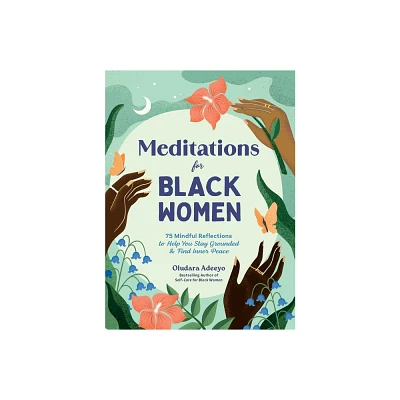Home
Rhetoric and Resistance in Black Women's Autobiography
Loading Inventory...
Barnes and Noble
Rhetoric and Resistance in Black Women's Autobiography
Current price: $29.50


Barnes and Noble
Rhetoric and Resistance in Black Women's Autobiography
Current price: $29.50
Loading Inventory...
Size: OS
*Product Information may vary - to confirm product availability, pricing, and additional information please contact Barnes and Noble
Johnnie M. Stover explores the origin and power of black women writers' voices using the personal narratives of 19th-century Americans who were slaves or indentured servants. Displaying aspects of the oral traditions of Yoruba culture in West Africa, these voices took on a subversive tone, a form of expression that Stover describes as the "mother tongue" and argues is completely different from literary forms employed by white men or women or black men. Stover maintains that the mother tongue--a system of linguistic and physical techniques--developed in response to black women's struggles to find outlets for expression in a white male dominated society. The African American mother tongue is not a result of biology but grew out of the need of black women to resist oppression. It is a combination of words, rhythms, sounds, and silences that black women encoded with veiled meanings. Moreover, it is a physical way of communicating--a look, a set of the lips, a positioning of the hand, hip, and head. It is a stance, an attitude of resistance, and a powerful force in social and political as well as literary life. She proposes that the linguistic practices are a balance of African, European, and African American communicative techniques and include secrets, silences, hesitations, whispers, feigned misunderstanding, lying, masking, mumbling, sass, invective, impudence, and dissembling. Stover focuses on four texts that employ the mother tongue and engage sociopolitical issues of the 19th century--Harriet Wilson's Our Nig, Harriet Jacobs's Incidents in the Life of a Slave Girl, Elizabeth Keckley's Behind the Scenes, and Susie King Taylor's Reminiscences of My Life in Camp. Rhetoric and Resistancewill affect the way African American women's autobiography is read today and will be valuable to scholoars interested in linguistics and 19th-century literature and in African American, multicultural, and women's studies.

















